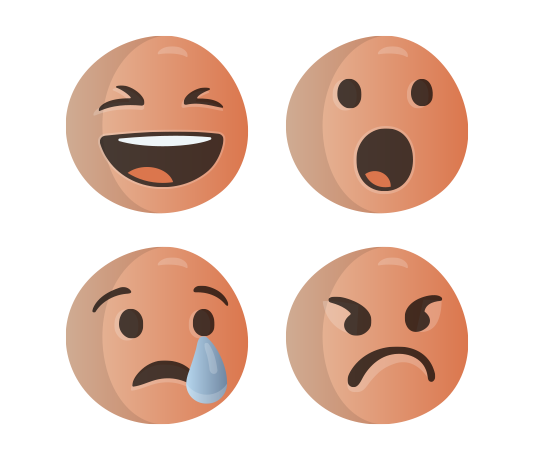
Cognitive Behavior Therapy
Cognitive Behavior Therapy (CBT) is a popular type of talk therapy. It aims to help people to objectively evaluate how to think about themselves, other people, and events in their lives. This process can help to strengthen the neural connections that lead to more balanced thinking and healthy behavior choices.
It can help patients become aware of negative thinking so they can approach difficult situations with more rationality and balanced thinking. CBT may be a useful way to deal with emotional challenges related to mental illness as well as daily life challenges. It can help manage symptoms of mental illness, and research has demonstrated that it can be as effective as medication and medication and CBT together have the best outcomes for clients who have Depression.
Depending on the patient’s needs, the therapist and client will collaborate to decide the best approach. Generally, the therapist will encourage the client to voice their thoughts and feelings about a problematic situation and teach CBT techniques to encourage management of symptoms outside the therapy session. As negative thinking arises, therapists will aim to help the individual reshape negative thinking to help develop positive thinking and behavior patterns.
EMDR
EMDR is a non-traditional type of psychotherapy that does not rely on talk therapy or medications. It stands for “eye movement desensitization and reprocessing.” It has been beneficial in treating post-traumatic stress disorder and many painful memories.
The process involves using bilateral stimulation such as vibrating hand-held pads, light bars, or sound while asking the client to recall a disturbing event. During the process the therapist will seek to help the client experience safety and positive thoughts. Using this method, EMDR can weaken the negative emotions associated with a memory. Research shows that EMDR tends to make disturbing memories less problematic.

Emotionally Focused Therapy
Emotionally Focused Therapy (EFT) helps couples and family members explore and understand their relationship patterns to build trust and create healthier, stronger emotional bonds.
In EFT, clients focus on current emotional issues to uncover thoughts and feelings they may have ignored, overlooked, or misunderstood. Clients also connect current, immediate emotions to past feelings and experiences to discover behavioral patterns that are affecting their relationships. Throughout this exploration, clients learn how to express their emotions to successfully connect with their partners or family members while also learning how to listen and respond to other people’s emotions.
An Emotionally Focused Therapist guides clients through three stages, focusing on the present (how they act right now). First, they identify negative behavioral cycles and help the couple or family members see what’s really going on in their relationship. Next, the therapist helps each client express their feelings and needs honestly, but without pushing each other away. Lastly, the therapist helps the couple or family members learn how to turn to one another and talk constructively about their issues to change negative patterns and bring them closer.
Through Emotionally Focused Therapy, clients learn coping skills to de-escalate conflict and resolve misunderstandings. Couples and families receive guidance from their therapist on effective communication and growing interpersonal trust. The therapist creates a safe space for emotional expression and connection by practicing situational observation and conflict resolution.
Partners seeking to strengthen their bonds of love and attachment to improve their relationship may benefit meaningfully from Emotionally Focused Therapy. EFT has also been effective in situations where couples or families are dealing with PTSD, depression, chronic illness, addiction, or trauma.
Play Therapy
Play therapy is used primarily for children. A trained therapist can watch a child during playtime and play alongside them to gain insight into the child’s problems. The therapist then helps the child explore emotions and work through unhealed trauma. Through play therapy, children can improve poor behavior and learn new ways to cope.
One might benefit from play therapy in various ways. Such positive changes include improving empathy skills, building social skills, alleviating anxiety, and strengthening one’s self-respect. A therapist can help them work on their problems through various scenarios during playtime.